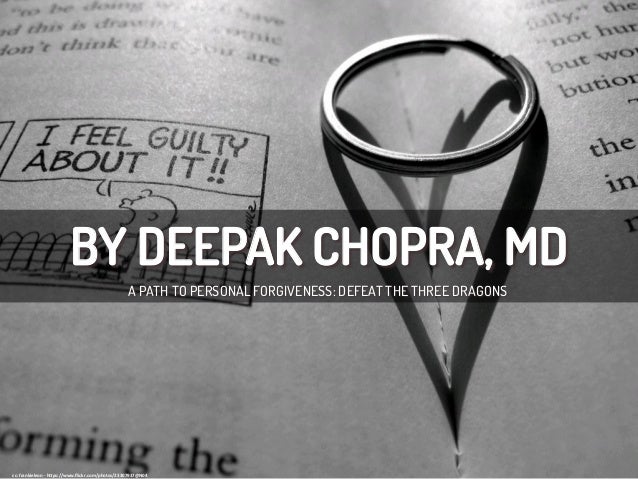
- Find your own peace through meditation, yoga, or other contemplative practice.
- Renounce the illusion that you can change someone else’s morality or worldview.
- Know that you can do more to change the world by who you are than by anything you can say or teach.
- Take responsibility for nonviolence in your speech and actions.
- Address the issues of judgment, blame, and anger in yourself.
- Associate with like-minded people who are committed to peace and forgiveness.
- Adopt a vision of the highest possibilities for humankind.
If you pay attention to one or more of these steps every day, you will bring the power of self-awareness into play, and self-awareness is the level of the solution. Talking about forgiveness, struggling to overcome your own judgment, blame, and anger, even vowing to have no enemies in the world—these are good intentions that need a level of peace consciousness in order to be truly lasting and effective.
What I’m calling upon here is a merging of spiritual and moral values with psychological realism. A mind filled with judgment, blame, and anger has trained the brain to favor those pathways. Forms of violence become habitual when they are paralleled by pathways in the brain that have turned into the path of least resistance. The more you favor intolerance and prejudice, the easier they become. People who now see reason to abandon blame and judgment have turned those attitudes into default positions that their brains click into. It’s important to take seriously the numerous studies in social psychology that show something we all wish wasn’t true: The more you offer anyone rational reasons for letting go of a harsh prejudice or fixed opinion, the more strongly they cling to those prejudices and opinions.
By the same token, the most effective negotiators are those who enter a situation showing respect for both sides of the dispute—that’s because peace consciousness lowers the other person’s defensiveness. So we have already listed several reasons why forgiveness is personally beneficial:
- You feel lighter and more unburdened.
- You no longer allow judgment, blame, and anger to be in control of your responses.
- You will be more effective in situations where conflicts need to be settled.
- You are undertaking a change that will free your brain up from a mindless default setting.
This perspective will help you to consider the path to forgiveness, but the hard reality is that trying to be more peaceful raises a threatening specter. A voice inside warns, “If you forgive the bad guys, they only get stronger, and in the end you lose.” To bolster this warning, there are lots of frightening historical examples, such as the appeasement with Hitler that allowed him to invade helpless countries without fear of reprisal. Everywhere that evil and bad faith must be opposed, from Kosovo to ISIS, from the concentration camps to the Gulag, the power of forgiveness seems not just feeble but immoral.
For this reason, we are all fence-sitters about both peace and forgiveness. We pick and choose when to fight and when to forgive. We blame the people it’s impossible to forgive and make peace mostly with those who already want to make peace. Gandhi faced a tottering British Empire that was ready to make concessions; we have no Gandhis who stopped Attila the Hun. When it comes to fence-sitting, the following points may help to promote more forgiveness.
First, be easy with yourself. Forgive whom you can. Make the right gestures and keep making them, but don’t struggle to forgive someone you simply feel doesn’t deserve it. You aren’t meant to become a saint, only a unit of peace consciousness.
Second, allow yourself to evolve. Forgiveness is a path. The more you walk it, the more your awareness expands, and the possibilities of peace, compassion, kindness, and forgiveness expand at the same time, because these are qualities of consciousness once resistance has been removed.
Third, obey the practicalities without become a slave to them. As a practicality, criminals need to be caught, tried, and sometimes imprisoned. But to use this as a justification for revenge, cruelty, fear, and social feuding is to become a slave to wrongdoing. “Love the sinner but hate the sin” is a dictum almost impossible to live up to, but the distinction makes sense.
A world in conflict has always been with us. Fear, war, violence, retribution, and “us versus them” thinking have been in place since recorded time. But humankind evolves, and we are unique among all living creatures in holding the power of evolution in our own hands. A forgiveness initiative brings something new to the evolutionary table. For every person who becomes a unit of peace consciousness, the future changes even as the present is uplifted.
No comments:
Post a Comment